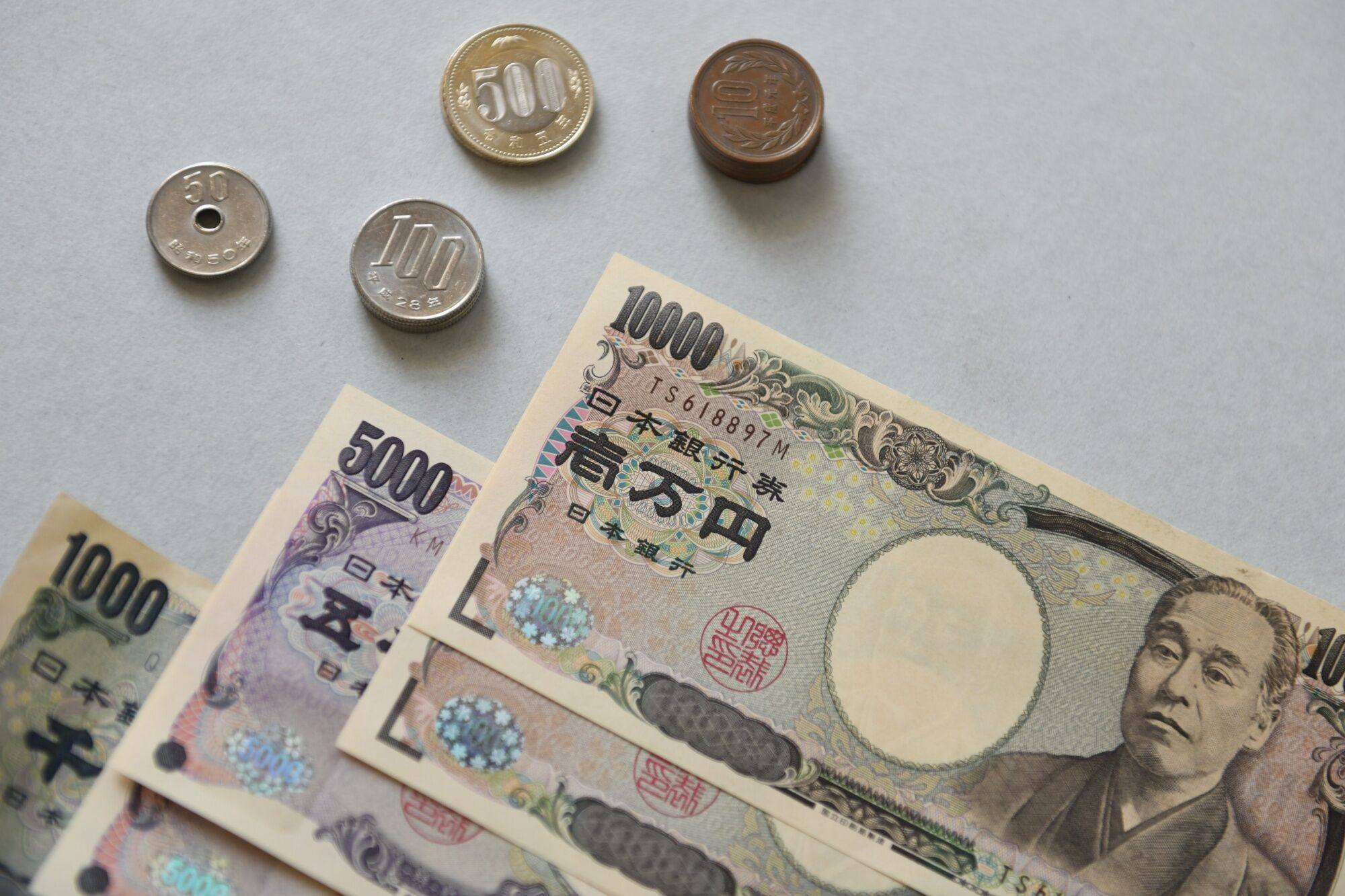“I never heard from them about my pension payments for years, but all of a sudden they are contacting me every few weeks,” said Peter, who did not reveal his family name or nationality for fear of repercussions. “I have always paid my income taxes, my city taxes and health insurance, but I overlooked my pension.”
All residents of Japan aged 20 to 59 are required by law to pay into the country’s National Pension System. The current monthly required contribution is 16,610 yen (US$107), regardless of income.

“Everyone knows that Japan has a huge national debt and that local governments are also finding it hard to pay for residents’ services, so it should not be a surprise that they are looking for ways to bring in more money,” said Peter, a resident of Kawasaki city. “Now, I don’t think there is any way to avoid paying.”
The bill currently being discussed by Japan’s parliament, which would allow the government to take action against foreign nationals who fail to pay their taxes or social insurance contributions, was introduced in anticipation of an increase in the number of foreigners settling in the country.
But opposition politicians have criticised the proposed legislation for effectively threatening foreigners who fail to pay with expulsion – despite the bill outlining exceptions for “unavoidable circumstances” that are beyond a person’s control.
“If they [foreign residents] are found not to have paid, they should just be sent a letter demanding payment and have their assets investigated and seized, just like Japanese people,” said Sayuri Kamata, a politician with the opposition Constitutional Democratic Party of Japan, in a meeting of parliament’s judicial affairs committee last week.
Why do something like revoking their permanent residency status?
“Why do something like revoking their permanent residency status?” she was quoted as saying by the Mainichi newspaper.
For Japanese and foreigners alike, pension contributions have historically been more easily avoided than income and city taxes, or health-insurance premiums. Fewer than 60 per cent of the Japanese citizens who should have been paying into the pension system were doing so in 2010, according to data from the Ministry of Internal Affairs and Communications – though that number had reached nearly 80 per cent by 2020, following a clampdown.
Even politicians have been guilty of failing to pay. In 2004, it was revealed that Junichiro Koizumi, Japan’s prime minister from 2001-06, had failed to make nearly seven years’ worth of pension contributions, including after he was first elected to the National Diet, Japan’s parliament, in the 1970s.
The introduction in 2016 of the My Number Card, an official identity document that contains information on the holder, has been credited with enabling authorities to more easily track down those who fail to pay up.

Tax authorities have been seeking to close payment loopholes, amid concerns about declining revenues as the population ages and with workers in short supply. Japan’s worsening national debt has highlighted the urgency of the task. Public debt hit a record 1.3 quadrillion yen (US$8.4 trillion) in March, equivalent to 263 per cent of Japan’s gross domestic product – the highest among developed countries.
The clampdown appears to be paying off, with more of Japan’s foreign residents responding to the pension agency’s strongly worded demands.
“I stopped paying about five years ago because things were a little tight for me at the time, but after I got married, my Japanese wife told me that I needed to sort everything out so we would not have to worry,” said Chris Dunn, an Australian national living in Yokohama.
“I went to the pension agency, and they made it very easy,” he told This Week in Asia. “They made me pay two years’ of contributions rather than the entire amount, which was a relief, and now I pay 16,700 yen a month by direct debit.
“It’s the law and I have no problem with paying, although it’s very possible that I will not be in Japan in the future and will not get much benefit when I retire.”

